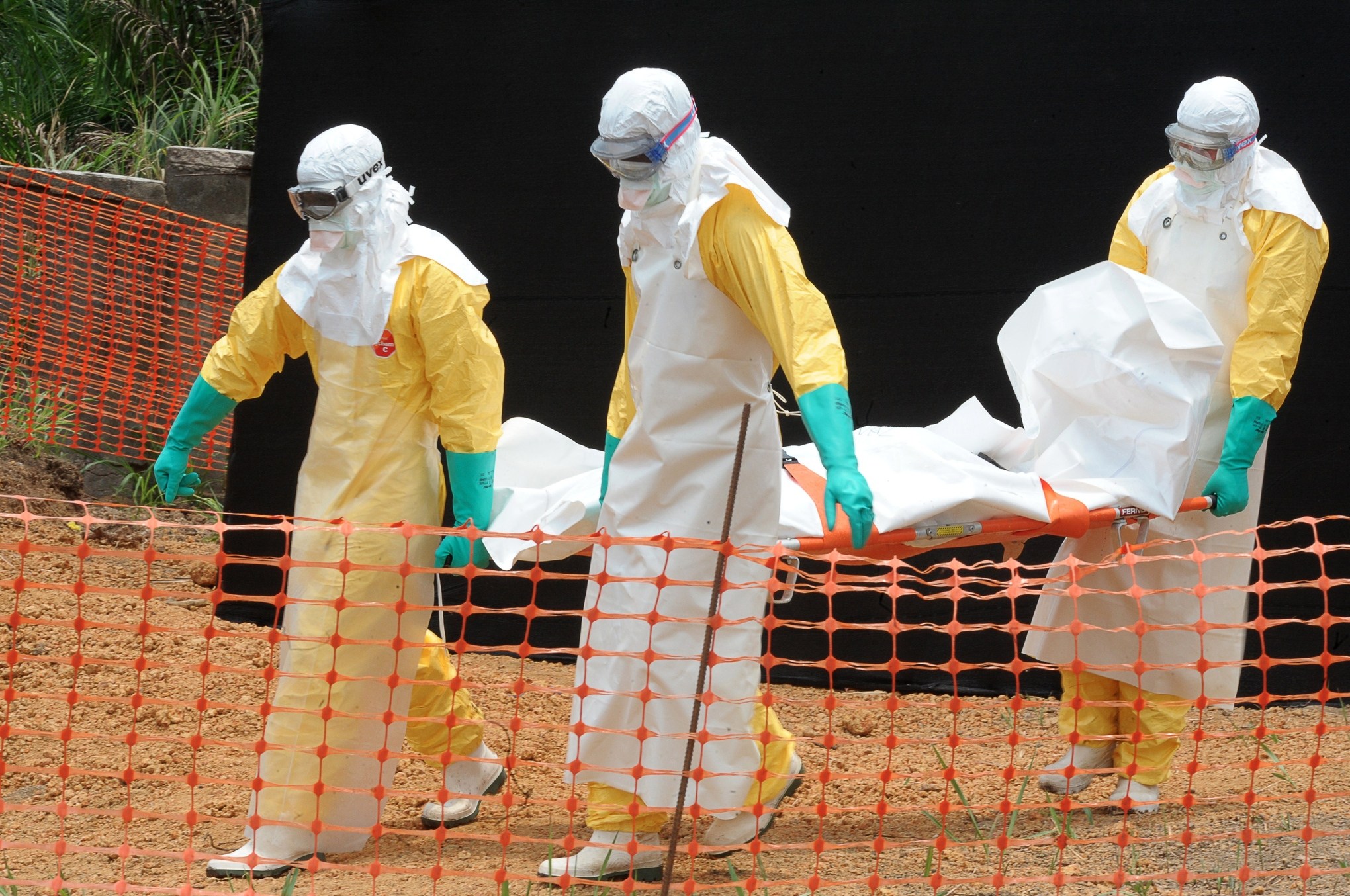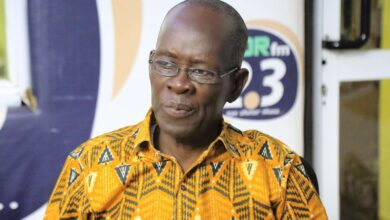
In January 2025, Uganda confirmed a new outbreak of the Sudan Ebola virus, reigniting fears of a public health crisis and highlighting deep-seated challenges like vaccine hesitancy and misinformation. The Ministry of Health reported the first case, a 32-year-old male nurse at the Mulago National Referral Hospital, who succumbed to the disease after initially seeking treatment at multiple health facilities. This marks Uganda’s seventh Ebola outbreak, with previous epidemics leaving behind a trail of devastation and lessons yet to be fully applied.
Ebola’s Devastating Toll
Ebola, a highly infectious hemorrhagic disease, causes symptoms such as fever, muscle pain, vomiting, and internal bleeding. The Sudan Ebola virus, which has a fatality rate exceeding 40%, is particularly feared because no licensed vaccine or treatment exists for this strain. Survivors like Edward Kayiwa, who battled the disease in Uganda’s 2022 outbreak, recount harrowing experiences of fear and stigma.
“I witnessed patients die in the room I was admitted to,” Kayiwa recalled. “The trauma is something I’ll never forget. Ebola is no joke.”
Despite surviving, Kayiwa and others faced a landscape dominated by misinformation. Rumors of government plots and fears of fatal injections in hospitals deterred many from seeking timely medical attention.
A Battle Against Misinformation
This misinformation persists in the current outbreak. Traditional beliefs, witchcraft, and conspiracy theories remain significant barriers to combating the disease. Reports indicate that the nurse who died in January had visited a traditional healer before his death. His relatives also attempted to exhume his body for reburial according to religious customs, a practice that poses severe risks due to the virus’s ability to remain infectious postmortem.
During the 2022 outbreak, conspiracy theories linked the disease to efforts by officials to seize artisanal gold mines in Mubende District, further fueling distrust. Such beliefs delayed treatment for many, with fatal consequences.
Communication Challenges and Vaccine Hesitancy
Uganda’s government has faced criticism for its communication strategy during this outbreak. Initial announcements lacked clarity, leading to confusion and resistance among the public. Health Minister Jane Ruth Aceng urged communities to prioritize self-protection over daily case updates, but critics argue that consistent, transparent communication is essential for public trust.
Meanwhile, vaccine hesitancy presents another hurdle. While a vaccine trial was swiftly launched for the Sudan Ebola strain, uptake has been alarmingly low. Out of numerous exposed individuals, only one had accepted the trial vaccine by its first week. Dr. Bruce Kirenga, leading the trial, acknowledged this hesitancy, linking it to misinformation and fear.
“What causes hesitancy is a lack of information,” Dr. Kirenga said. “We need to educate people and help them understand the importance of participating.”
Impact on Tourism and Economy
The outbreak’s announcement has also drawn criticism from Uganda’s tourism industry. Prominent figures in the sector argue that the government’s handling of the crisis has led to international travel advisories, damaging an industry already struggling to recover from COVID-19.
“The moment news of an outbreak goes public, cancellations start pouring in,” said Muhereza Kyamutetera, CEO of the Uganda Tourism Association. “The reputation of the destination is at stake.”
What Needs to Be Done?
Experts emphasize the need for coordinated communication and community engagement to combat misinformation and encourage public participation in prevention efforts. Public health professor Freddie Ssengooba stressed the importance of bridging the information gap, while survivors urged Ugandans to trust medical experts and avoid falling prey to rumors.
The World Health Organization praised Uganda’s swift vaccine trial rollout but reiterated the need for comprehensive public health measures. “In the absence of licensed vaccines, the risk of a serious public health impact is high,” the organization warned.
A Call for Vigilance
As Uganda battles yet another Ebola outbreak, the stakes are high. The lessons of past epidemics must guide current efforts to ensure accurate communication, foster public trust, and prioritize the safety of communities. Survivors like Kayiwa continue to remind others: “This disease is real, and it’s deadly. We must work together to fight it.”
Story by: Mercy Addai Turkson




